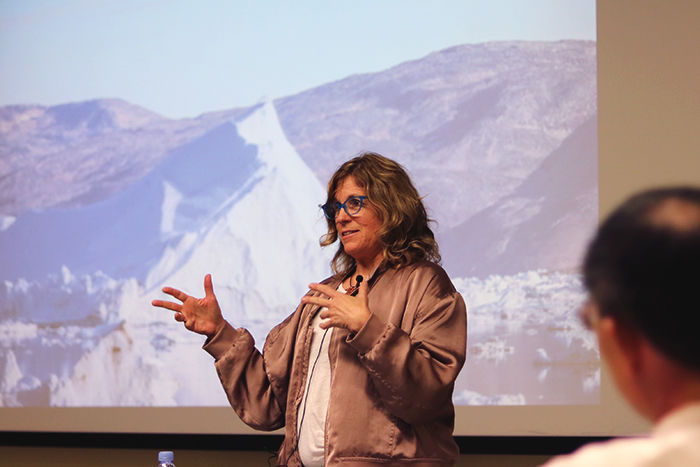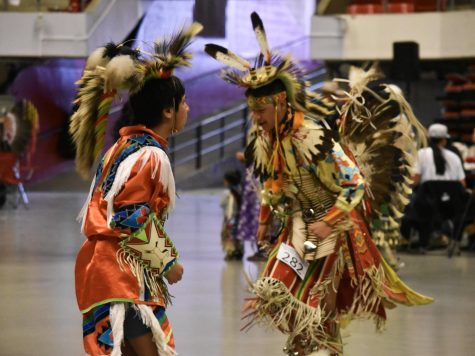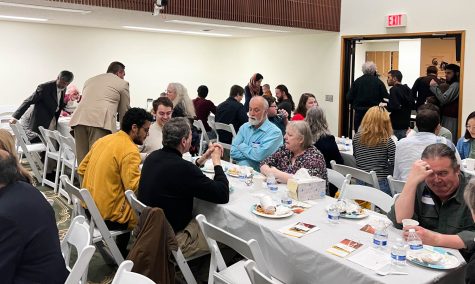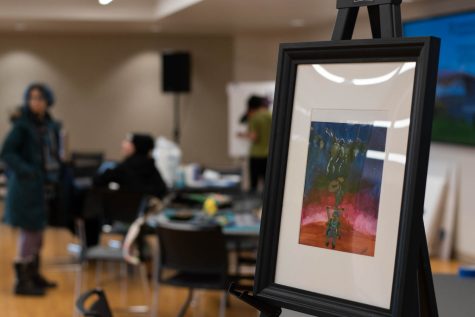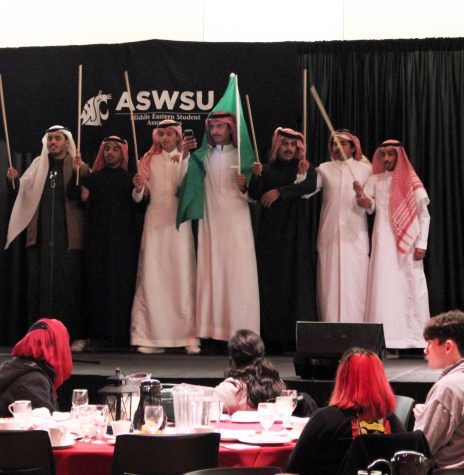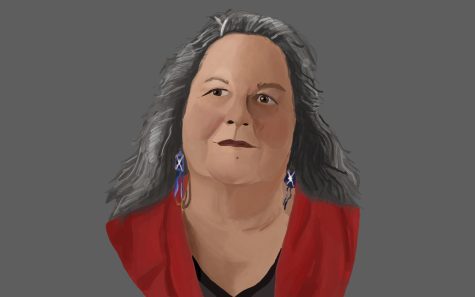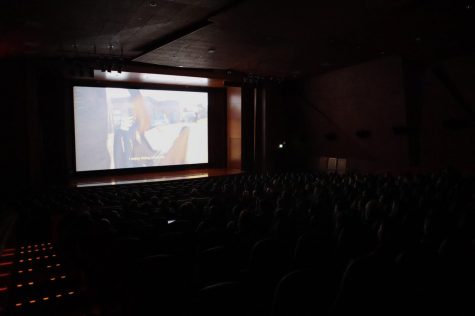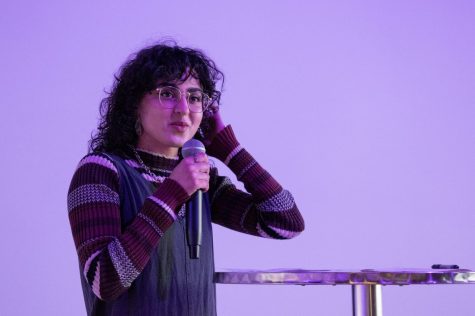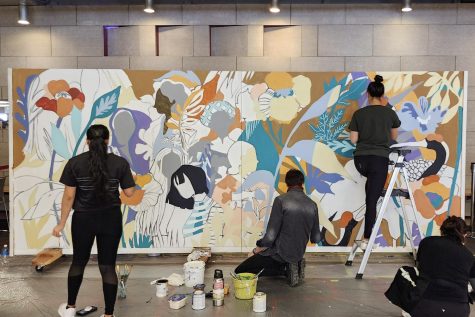WSU professors share the power of memoirs
English professor Debbie Lee discussed effective ways to write a memoir at the common reading lecture on Tuesday.
March 22, 2017
Two WSU professors explained how memoirs can help us understand important global issues by seeing them through one person’s story at a common reading lecture on Tuesday.
English professor Debbie Lee and history professor Raymond Sun discussed the benefit and impact of exploring world problems through personal experience in their talk, “Personalizing the Global: Memoirs as Instruments of Healing, Advocacy and Resistance.”
“What I like about memoirs is that when you yourself are writing a memoir, it’s not about being this perfect, heroic human-being,” Lee said. “If you strip off the layers and show your vulnerability, then all of the places where you’re not perfect, that’s the place where the reader connects with you.”
Memoirs like “I Am Malala: The Girl Who Stood Up for Education and Was Shot by the Taliban” are created so people can understand global issues like the Taliban and social justice through a smaller point of view, Sun said. This helps people understand how one can feel in traumatic situations, he added.
“‘I Am Malala’ provided a voice, face and story with which a reader can identify, invest in and care about,” Sun said.
Lee detailed her own experience in a memoir called “Bear Watch.” Lee’s story began when she fell out of touch with her daughter and chose to travel to the Arctic, a land where everything reminded her of loss.
“I couldn’t contact her, so what I did instead was I kind of exiled myself to this place that’s experiencing an extreme loss of ice to get a handle on my own experience with loss,” Lee said. “So the memoir traces those two stories: the story of the landscape and the story of my daughter.”
Lee noticed how climate change was causing grief to the order of nature. She similarly experienced grief due to the loss of contact with her daughter over three years.
“There is a lot of grief associated with the loss of the ice, the seals and the polar bears travelling up there, because polar bears don’t have as much ice to float on anymore and that’s how they get their food,” she said.
Lee remembered having to stay awake with a gun during night shifts because the polar bears came inland to find food that they couldn’t during the day due to the melting ice.
“It was during those bear watches in the middle of the night where I was really thinking about that landscape, but also thinking about making sense of what happened with my daughter,” she said. “Those two stories parallel one another in this extremely beautiful but fragile place.”
Sun said memoirs have a way of crossing divisions of time, space and culture to enable readers to share a common humanity and put themselves in the narrator’s life, seeing the world through new eyes.
When comparing Sun’s topic of genocide memoirs to Lee’s own memoirs and “I Am Malala,” the professors found that stories make history come to life through personal experience. Sun explained these ideas in the lecture as “making the unimaginable imaginable.”


